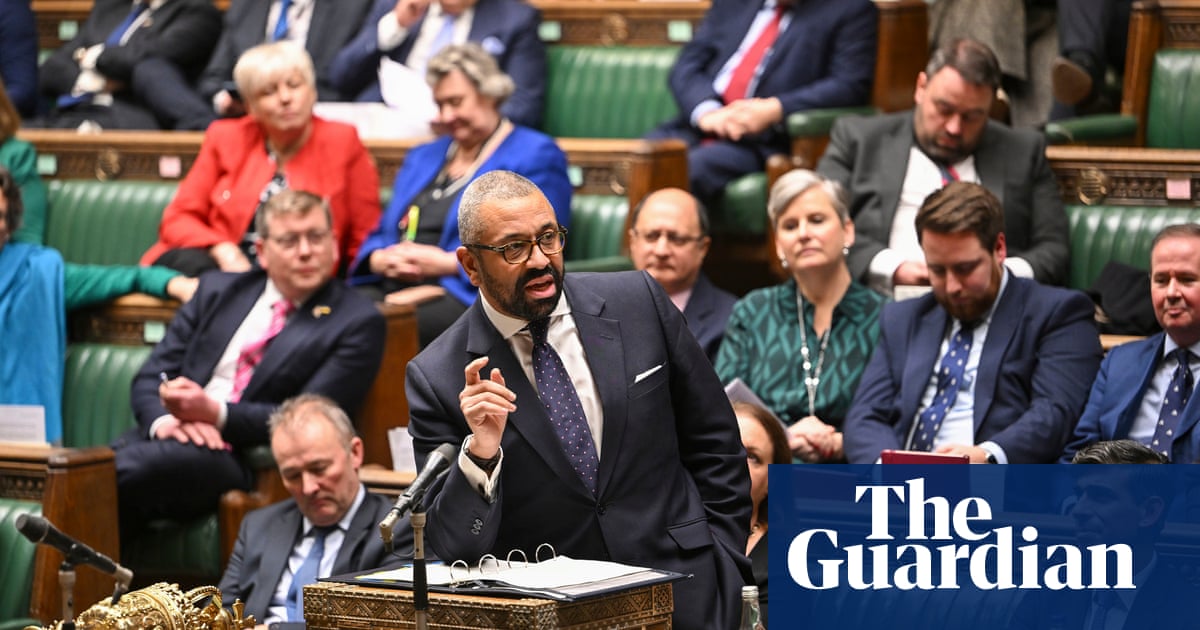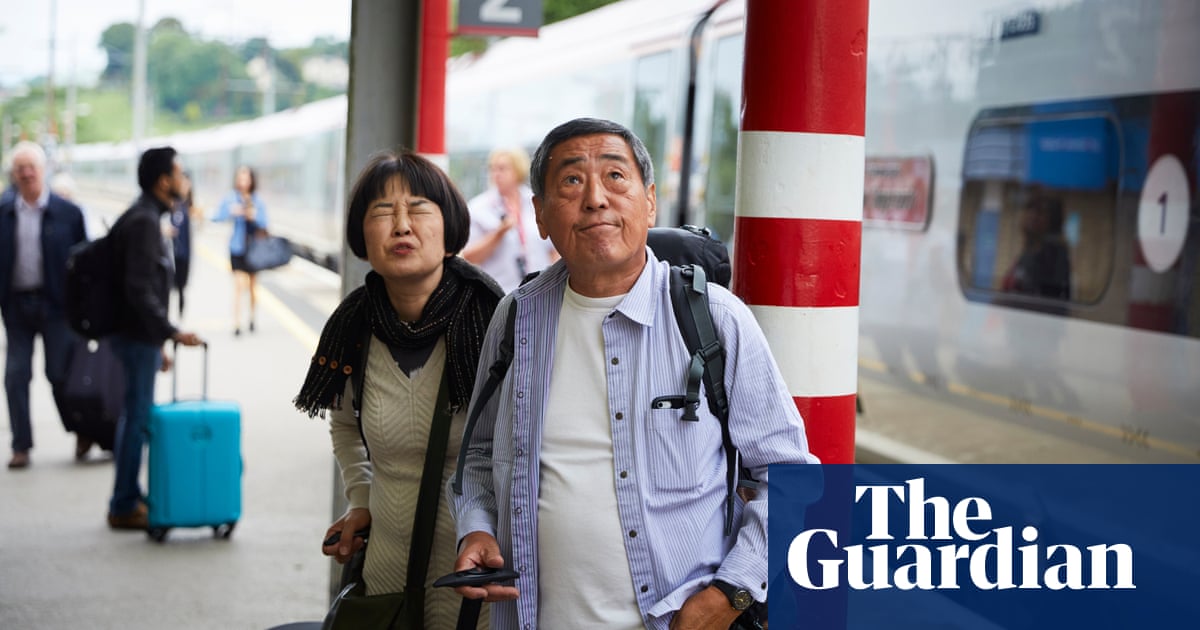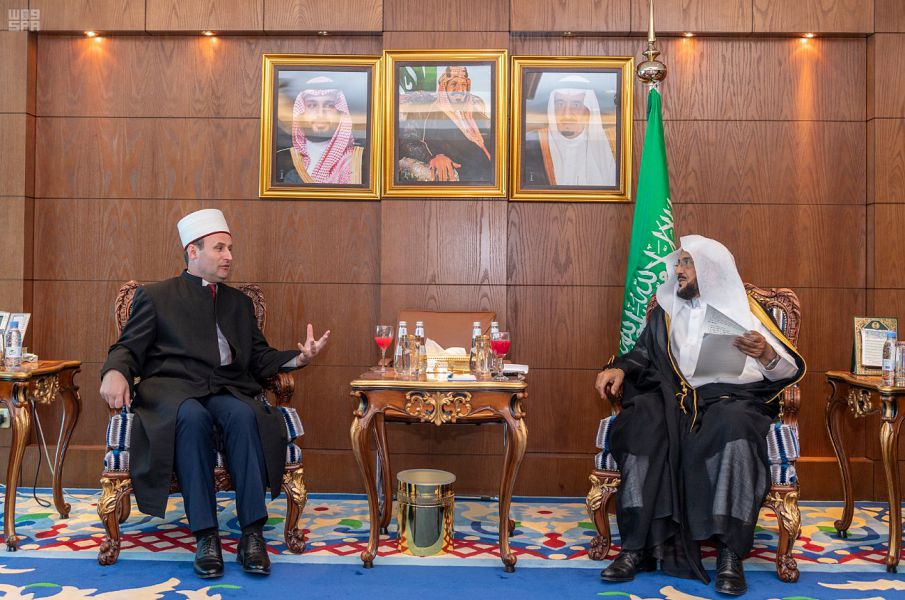
Thank you for publishing such an interesting and nuanced article written by Eliane Glaser (Parent trap: why the cult of the perfect mother has to end, 18 May). We need more articles like this one to encourage a continued discussion on the deep issues involving her incisive point that “motherhood is feminism’s unfinished business”. I am looking forward to the publication of Glaser’s book Motherhood: A Manifesto later this month.
Personally, I hold the stance that a plurality of feminisms exists and that the crux of feminist endeavours is to enable a woman to have choice over the way that she chooses to live her life. We still need to reconcile the concept of capitalism with the raising of children, a part of the human experience that is not very profitable, but essential. In order to do this, it is important for us to think about where we have come from (“the myth that our historical counterparts were selflessly devoted to their offspring”) and to contemplate where we want to go: what lessons can we learn in order to give our sons and daughters the best opportunities from which to raise their children?
Dr Amy Codling
Associate lecturer, York Law School
I’d be happy to join a motherhood #MeToo movement if Eliane Glaser starts one. I had a baby at university, and, although I finished my degree, I then accepted what seemed inevitable at that time and became a full-time mother in a city far from my original home. Once my husband went off to work, I often spoke to no one until he came home, exhausted, in the evening. At weekends he played sport, since, he said, he needed a break. There was no break for me. After my second child was born I had a nervous breakdown, as my overactive brain, which had thrived on academic challenge but found no stimulus in nappy washing and endless housework, broke under the pressure. Medical care was limited as my male doctor couldn’t really understand what the problem was.
I began my recovery only when I was finally able to take up the career I longed for, although I have continued to battle with anxiety all my life. I am now, at the age of 70, undertaking the PhD I would have loved to do when I was in my 20s, finally free to put my own mind and welfare first.
Name and address supplied
Have an opinion on anything you’ve read in the Guardian today? Please email us your letter and it will be considered for publication.












